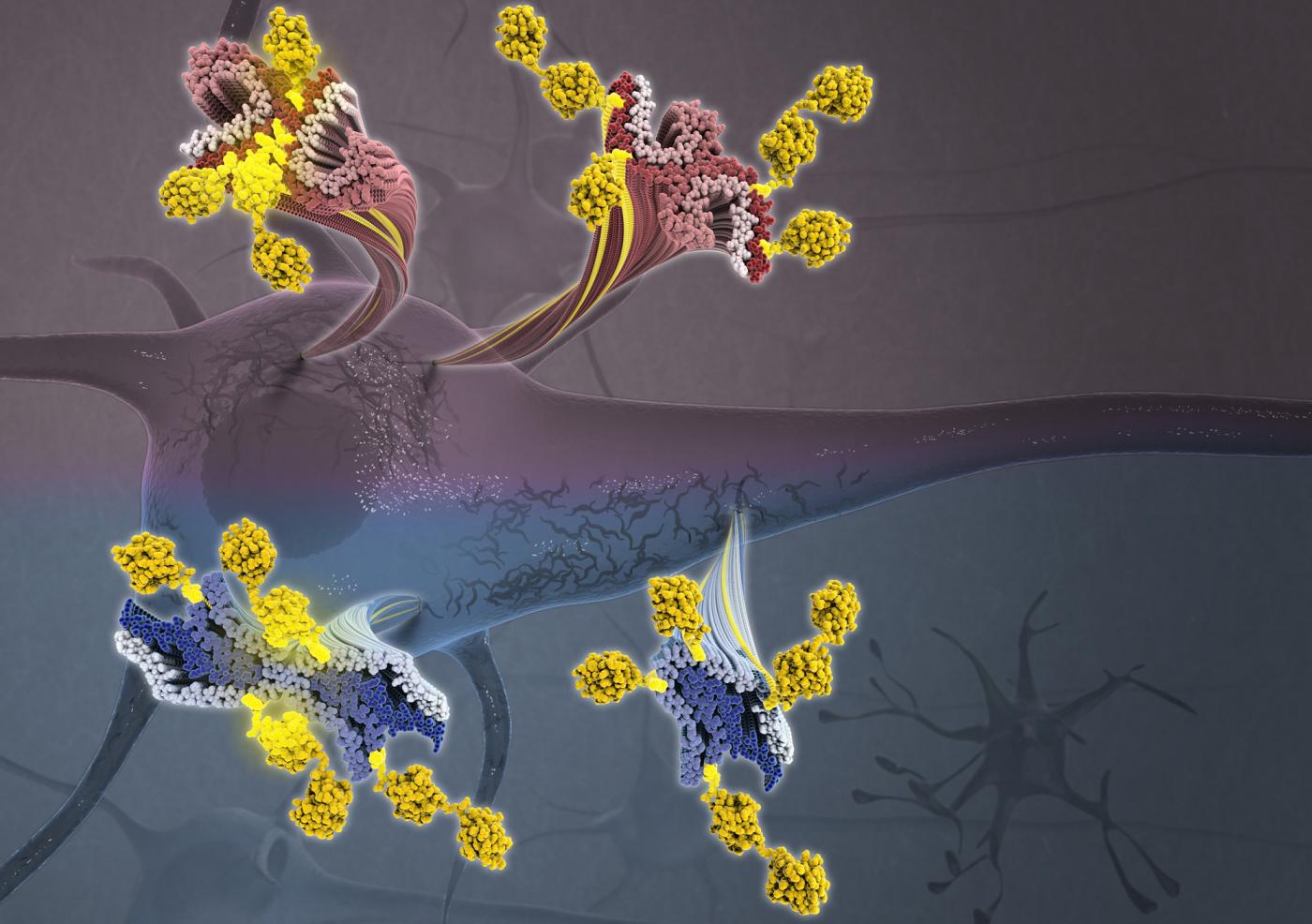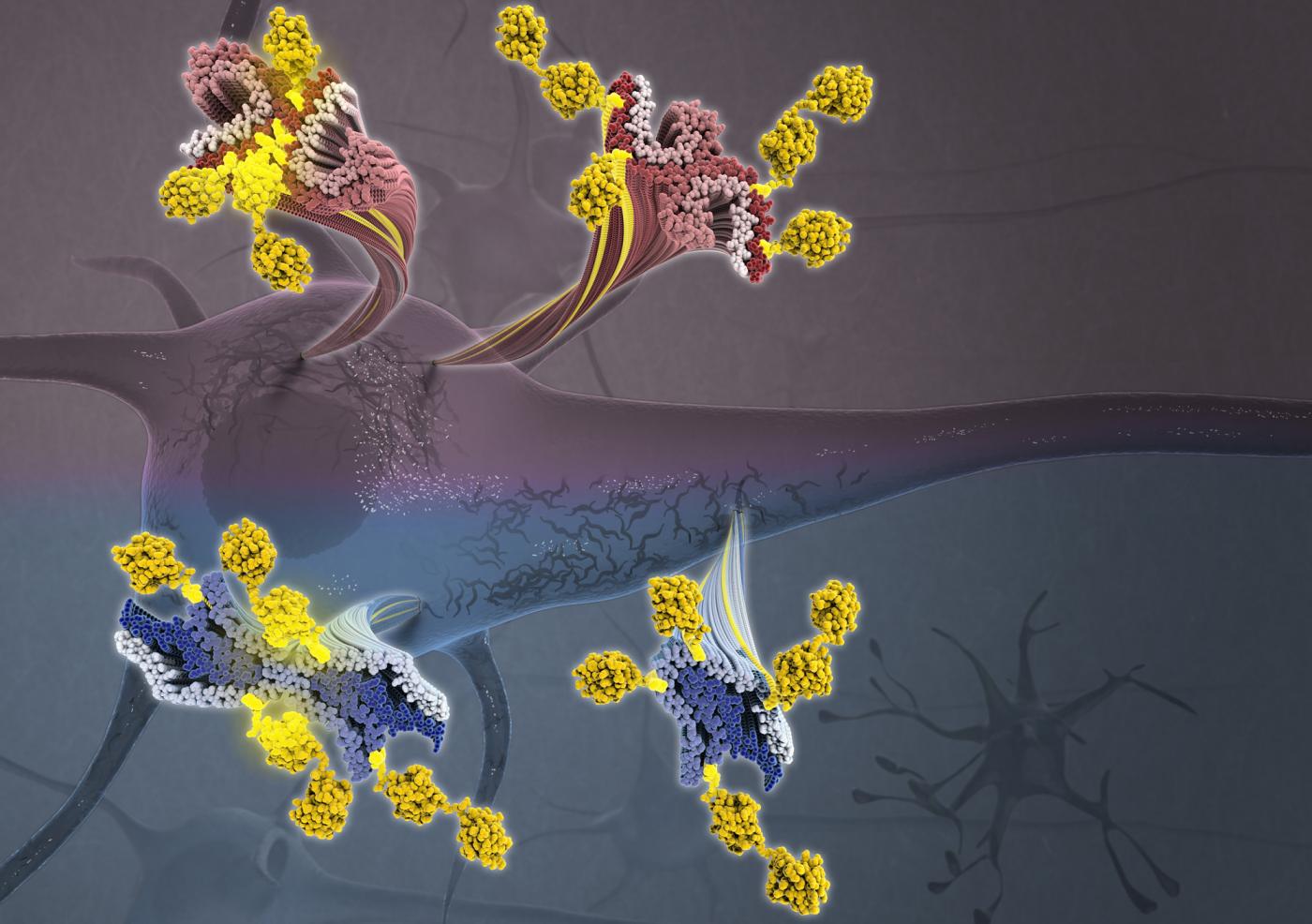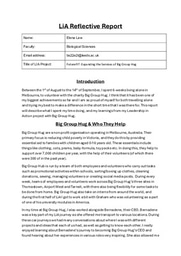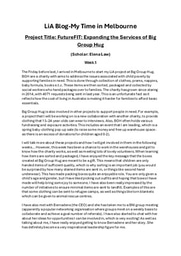Columbia University Laidlaw Scholar Christina Lee becomes co-first author on paper about toxic protein

Laidlaw Scholar Christina Lee became a co-first author on a scientific paper titled "Posttranslational Modifications Mediate the Structural Diversity of Tauopathy Strains", which was published in Cell in February earlier this year.
Christina is a research assistant in the Fitzpatrick lab which is led by Anthony Fitzpatrick, PhD, a Principal Investigator at Columbia’s Mortimer B. Zuckerman Mind Brain Behavior Institute. The lab team used cutting edge-technologies - cryo-electron microscopy (cryo-EM) and mass-spectrometry - to map the structure of the protein tau, which has long been implicated in Alzheimer's and other debilitating brain diseases (tauopathies).

Despite tau's prevalence in neurodegenerative diseases, scientists have struggled to understand how the protein misfolds and becomes harmful. Christina and her colleagues at the lab have analysed brain tissue from patients diagnosed with Alzheimer's and corticobasal degeneration by looking at post-translational modifications (PTMs) on the surface of tau, and revealed the ways it can misfold, also demonstrating that different modifications are closely linked to different types of neurodegenerative disease.
“In today’s publication, we lay out compelling evidence that PTMs play an important structural role in tauopathies, the collection of neurodegenerative diseases characterized by toxic buildup of misfolded tau. Collectively, these results suggest that PTMs may not only be serving as markers on the proteins’ surface, but are actually influencing the behavior of tau,” said Dr Fitzpatrick.
The findings of this research could help accelerate the fight against neurodegenerative diseases by allowing researchers to detect the disorders before symptoms show, and produce treatments that target specific PTMs, thereby preventing onset before the brain is significantly damaged.
Alzheimer's disease is the most common type of dementia, affecting between 50 and 75 per cent of those diagnosed. Research shows that most people currently living with dementia have not received a formal diagnosis, and it is known that damage to the brain caused by Alzheimer's disease can start many years before symptoms appear. Alzheimer’s and other dementias now account for more than 12% of all deaths in the UK, and there are over 9.9 million new cases of dementia each year worldwide.






Please sign in
If you are a registered user on Laidlaw Scholars Network, please sign in
Congratulations Christina!